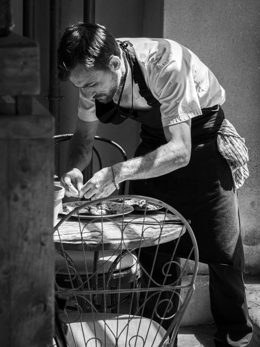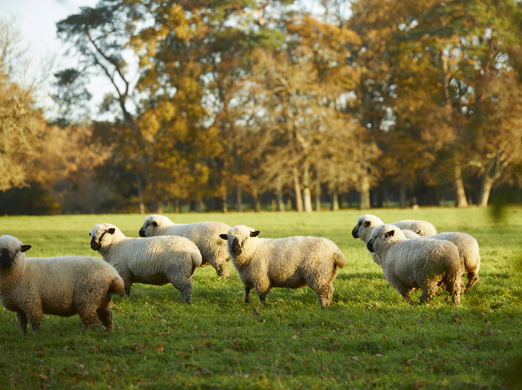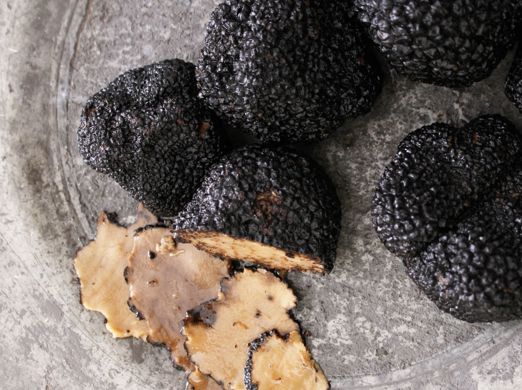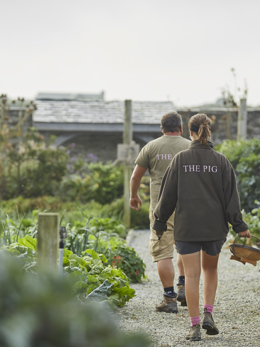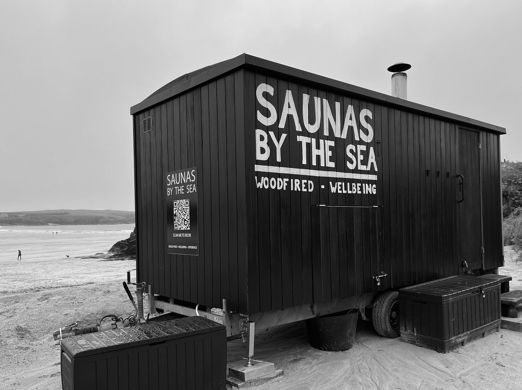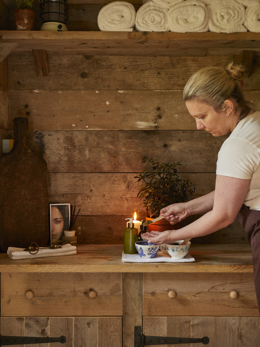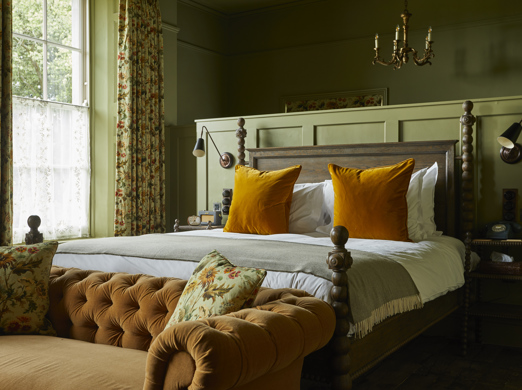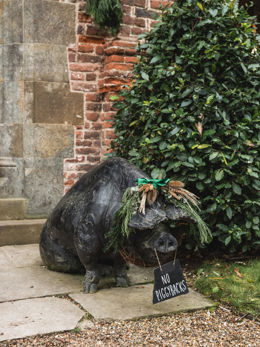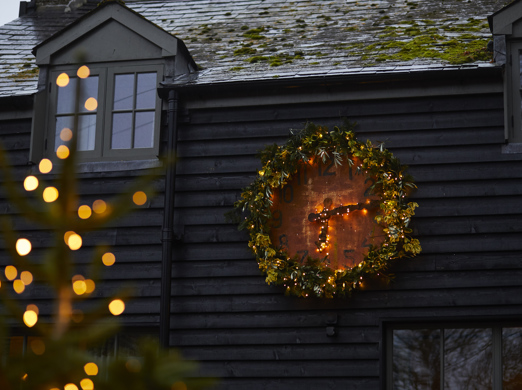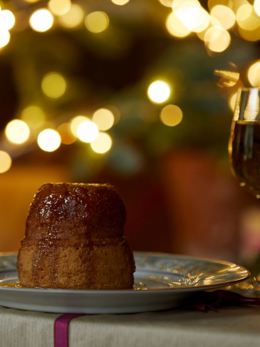Picture the quintessential English cider farm: rolling orchards, roaming sheep and the sweet smell of apple blossom in the air.
Add to that a sycamore-topped hill under which King Arthur is rumoured to be buried, a couple of peacocks and a famously stylish family, and you’re getting close to the bucolic glamour of Pass Vale Farm in Somerset.
Now picture a group of 100 nudists enjoying a genteel tour around the orchards. “We’re really trying to encourage more people to come and spend time on the farm,” grins Matilda Temperley, of the recent tour guests.
She took over the reins from her “cider fundamentalist” father, Julian, when he decided to reduce his role in 2018, and has since come up with one or two rather novel ways to bring in new business.
Pass Vale Farm spans nearly 250 acres. Some 200 of these are filled with apple trees to supply the business’s ever-growing, increasingly inventive list of specialty ciders, cider brandies and liqueurs, which continue to win awards.
Earlier in 2025, Matilda was thrilled to see the farm’s 20-year-old Somerset Cider Brandy pick up a prestigious silver at The International Wine & Spirit Competition. That same cider brandy is notably served at Copenhagen’s Noma, one of the world’s greatest restaurants – not to mention at THE PIG-near Bath.
The farm’s two companies split the 1,000-tonne apple harvest evenly: one half goes to Somerset Cider Brandy Company; the other to Burrow Hill Cider. It was always Julian’s aim to “revive the ancient traditions of cider making”, by creating ciders from 100 per cent apple juice (most commercial ciders are made from about 30 per cent apple juice, topped up with concentrates and syrups) and reintroducing the art of cider distillation.
“We’re not doing anything new,” says Matilda, “just reviving something that happened here over 300 years ago.” Cider brandy, a rare and delicious spirit, was made on the farm until the 18th century, and remained out of favour until Julian gained the UK’s first cider-distilling licence in 1989.
Such is the apple-smith’s influence, The Financial Times declared that, “Over the past three decades, Julian Temperley has done more than anyone else in Britain to develop classy drinks from homegrown apple juice.”
Big boots to fill, then, but Matilda seems to be taking it all in her stride, having recently launched new quince and elderflower liqueurs and the first cider brandy to have been entirely aged in Somerset oak.
Meanwhile, she’s started parking Burrow Hill’s legendary Cider Bus – which hasn’t missed a Glastonbury in 35 years, and was recently described by The Independent as “almost as iconic as the Pyramid Stage itself” – in the farmyard every Saturday from April to October.
“We’ve started doing these lovely weekly events with music and food and a circus,” says Matilda. “Last week, we had a female tightrope troupe dancing on a wire in their stilettos. We’ve got a bluegrass band playing here tomorrow.”
And despite the extracurricular activities, Matilda has never taken her eye of the apples. In fact, she recently discovered 20 new varieties growing in the orchards (at the last check, they were growing 105 different types of apple).
“They’ve just started doing these DNA tests where they take a sample from a leaf, sequence it and compare it with their database,” she explains. “Among a number of varieties, we had no idea that we were growing Morgan Sweet and Somerset Lasting.”
“Honestly, I see it as a great privilege to work here,” she adds. “When you’re governed by the seasons the way we are, every day is different. And I wouldn’t change that for the world.”
Enjoy Somerset Cider Brandy when you're next at THE PIG-near Bath, or find out more directly from our friends here.
